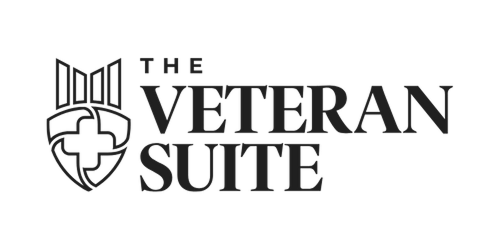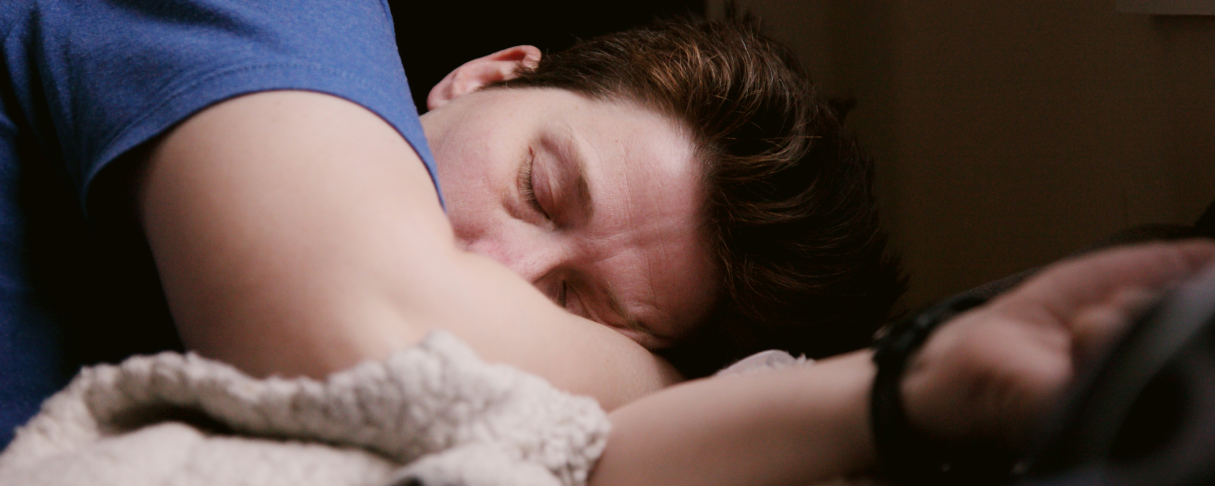For many veterans, sleep doesn’t come easy. Long deployments, high-stress environments, injuries, and mental health challenges often leave their mark well after service ends. Poor sleep isn’t just frustrating — it can affect every part of life, from physical health to mental wellbeing.
At The Veteran Suite, we see sleep problems come up again and again. Here’s why sleep matters so much — and what veterans can do to improve it.
Why sleep matters
- Mental health: Poor sleep can worsen PTSD, anxiety, and depression, making it harder to manage emotions or recover.
- Physical health: Sleep supports healing and recovery. Without it, chronic pain, fatigue, and even heart health can suffer.
- Day-to-day life: Sleep affects concentration, memory, mood, and relationships. For many veterans, that can make civilian life even harder to navigate.
Common sleep problems for veterans
- Insomnia (trouble falling or staying asleep)
- Nightmares or flashbacks
- Sleep apnoea and breathing difficulties
- Restless sleep linked to pain or injury
Ways to improve sleep
Good news: sleep can improve with the right support. Here are some practical steps:
- Routine first: Go to bed and wake up at the same time every day — structure helps reset the body clock.
- Sleep environment: Keep the room cool, dark, and free from distractions. Avoid screens just before bed.
- Mind and body strategies: Relaxation techniques, breathing exercises, or gentle stretching before bed can help calm the body.
- Professional support: For persistent issues, a GP can check for conditions like sleep apnoea, adjust medications, or refer you to specialists.
- Mental health support: If PTSD or anxiety are affecting sleep, addressing these directly can reduce nightmares and improve rest.
How The Veteran Suite helps
We understand the connection between sleep, service, and health. Our GPs, allied health providers, and specialists can help identify what’s behind your sleep problems and find the right treatment or referrals. And because we bulk bill where possible, cost isn’t a barrier.
Sleep is not a luxury — it’s essential for recovery, wellbeing, and a better quality of life. If you’ve been struggling with poor sleep, don’t put it off. The sooner you get support, the sooner you can start to rest easier.
Stay Updated with Our Blog
Subscribe to our blog for the latest insights and updates tailored for veterans. Join our community and never miss a post!

